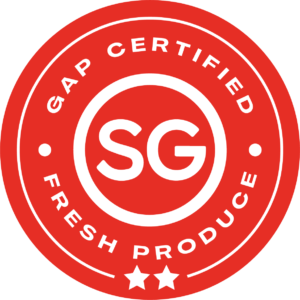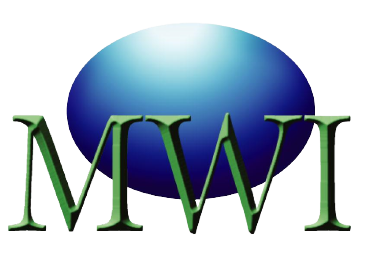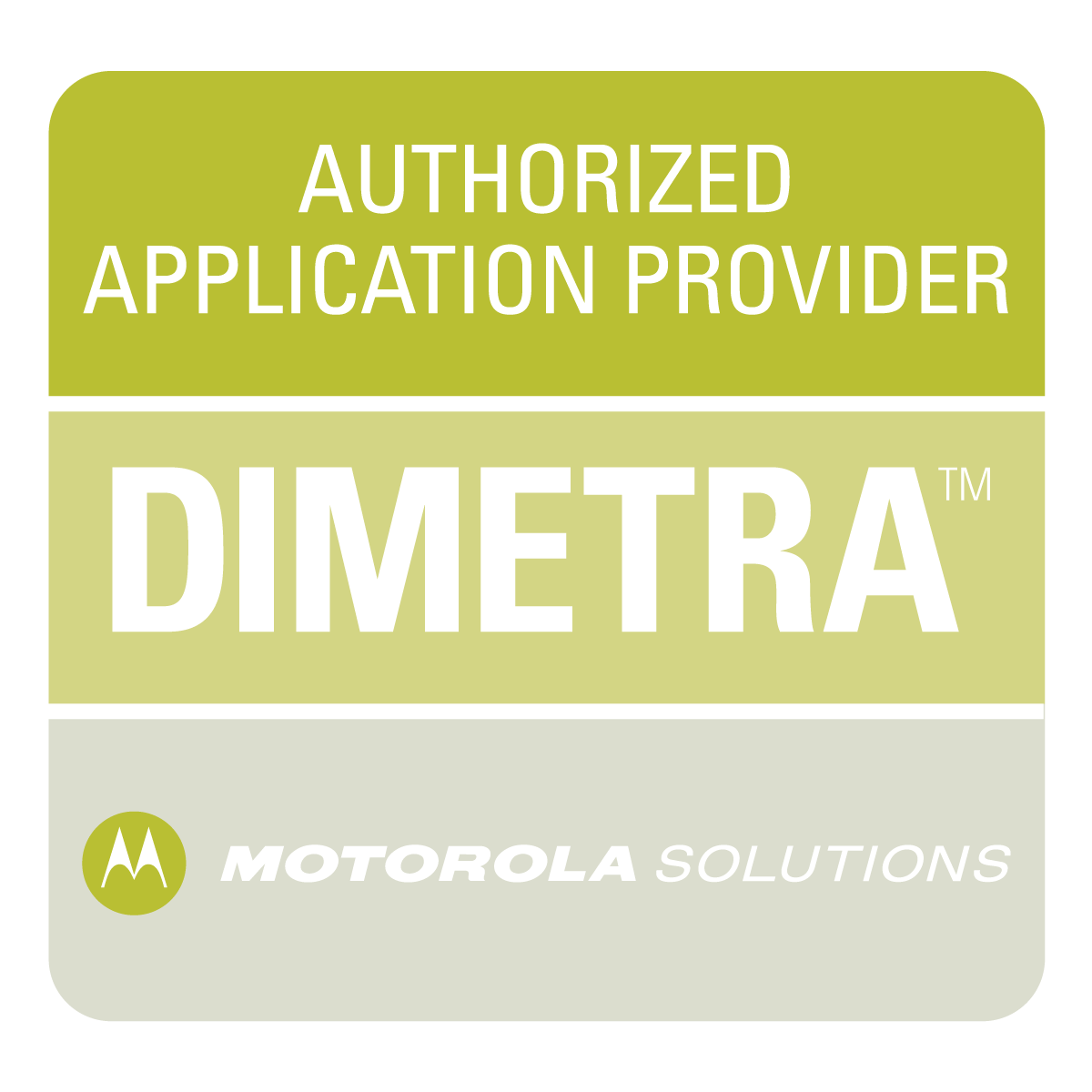
Food Safety
What food safety means
Avoid foodborne illnesses
Food safety standards
Food Safety Solutions
Maintain visibility of cold trucks during delivery
Pillars of Food Safety
Importing Food
Importing Food
Traceability systems is implemented to safeguard consumers, monitoring the entire food supply chain for adherence to high safety standards and swift response to potential threats.
Food Storage
Food Storage
SFA provides education on proper storage practices and conducts regular inspections to ensure businesses follow the strict guidelines for safe food storage.
Courses
Courses
Hygiene courses such as WSQ Food Safety Course are offered in various level to certify any person who handle and prepare food and beverage in SFA-licensed food establishment.
Food Safety in Singapore

As one of the biggest offshore fish farm in Singapore, The Fish Farmer adopts the Good Agricultural Practice (GAP) standard to honor our commitment to food safety.
The Fish Farmer went through several rounds of audits to attain our GAP certification.
The GAP standards ensure that our fishes are healthy and free of diseases before and after harvesting. By adjusting our business process to meet these standards, we are able to provide a peace of mind for our consumers as our fishes are certified safe for consumption.
Malcolm Ong


At Siam Coconut, we equip all of our food handlers with adequate training and knowledge at all of our establishments.
We send our staff for the WSQ food hygiene and safety course every year to ensure that we are up to date on our food handling practices. Our temperature monitoring system provides temperature logs and alert us of deviation in our food storage environment to prevent a compromise in the quality of our food.
Food safety is something Siam Coconut holds in high regard, particularly so because we are serving several high-end restaurants.
Kelvin Ngian
FAQ
Singapore ensures food safety through a stringent regulatory framework enforced by the Singapore Food Agency (SFA). Measures include mandatory licensing, inspections, and audits of food establishments, encouraging the implementation of Food Safety Management Systems (FSMS) like HACCP.
Stringent controls on imported goods, regulations on food labeling and advertising, and active participation in international food safety networks contribute to a comprehensive approach. SFA conducts educational programs, collaborates with government agencies, and imposes penalties for non-compliance.
These measures collectively safeguard public health, maintain high standards, and ensure the integrity of Singapore’s food supply chain. Regular updates from official sources are essential.
A Food Safety Management System (FSMS) is a comprehensive approach adopted by food businesses to ensure the safety and quality of their products. Commonly based on frameworks like Hazard Analysis and Critical Control Points (HACCP), FSMS identifies, assesses, and controls potential hazards throughout the food production process.
It involves systematic planning, implementation, monitoring, and documentation of food safety measures. FSMS enhances risk management, ensures compliance with regulations, and fosters a proactive approach to prevent contamination or hazards. Regular audits, continuous improvement, and employee training are integral components, contributing to the overall effectiveness of the system in safeguarding public health.
The Singapore Food Agency (SFA) oversees food safety and hygiene standards through licensing, inspections, and audits of food businesses. Mandating licensing or registration, the SFA enforces compliance with regulations, conducts food safety education, and encourages the implementation of Food Safety Management Systems.
The agency regulates food labels, monitors imports, and collaborates with other authorities for a comprehensive approach. Regular inspections, enforcement actions, and surveillance systems ensure the adherence of food establishments to established standards, contributing to a robust regulatory framework for safeguarding public health in Singapore.
Non-compliance with Singapore Food Agency (SFA) food safety rules can lead to fines, license suspension, or revocation, and legal prosecution. Offenders may face corrective action orders, public disclosure, and increased scrutiny.
Product recalls, damage to brand reputation, and higher insurance premiums are potential consequences. Repeated violations may result in loss of market access, impacting both domestic and international trade.
Adherence to SFA regulations is crucial to prevent financial, legal, and reputational repercussions and ensure the safety of the food supply chain in Singapore. Businesses should stay informed about regulatory updates to maintain compliance effectively.
Singapore utilizes technologies such as:
Internet-of-Things (IoT) to ensure safe storage of food, providing peace of mind for food consumption.
Blockchain and digital tracking to enhance food traceability, allowing consumers to access information about the origin of products.
Singapore addresses foodborne illness outbreaks through a coordinated and comprehensive approach. Surveillance systems detect outbreaks, prompting collaborative efforts among agencies like the Singapore Food Agency (SFA) and Ministry of Health. Thorough investigations identify contamination sources, leading to recalls and the removal of affected products.
Transparent public communication ensures timely information dissemination. Enhanced inspections and monitoring focus on relevant areas to prevent further spread. The Ministry of Health provides medical treatment and support to affected individuals.
After containment, reviews inform future strategies, and international collaborations contribute to shared learning. Legal actions may be taken, reinforcing the importance of food safety compliance.
To ensure food safety, restaurants and food businesses must prioritize employee training on hygiene and sanitation, enforcing regular updates.
Emphasizing personal hygiene, maintaining a clean environment, and preventing cross-contamination by separating raw and cooked foods are crucial. Strict temperature control, supplier vetting, and implementing Food Safety Management Systems (FSMS) like HACCP further enhance safety.
Allergen management, traceability through record-keeping, and regular staff health checks contribute to comprehensive safety protocols. Businesses should communicate transparently with customers, conduct regular self-inspections, and have emergency preparedness plans. Ongoing training and adaptation to regulations are vital for a robust food safety framework.
Clean, separate, cook, and chill: Wash hands and surfaces, avoid cross-contamination, cook thoroughly, and refrigerate promptly.


